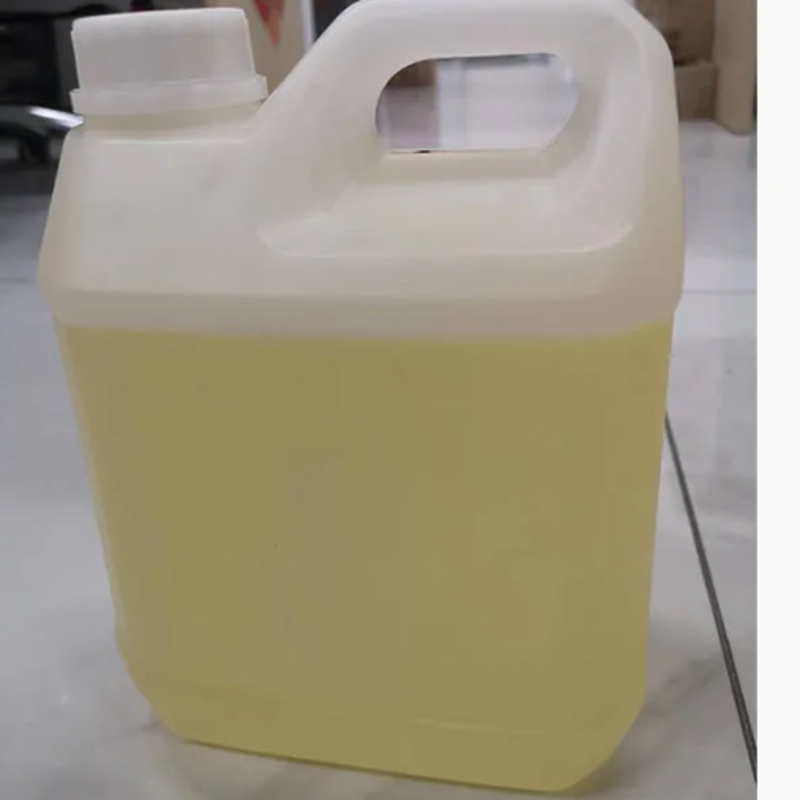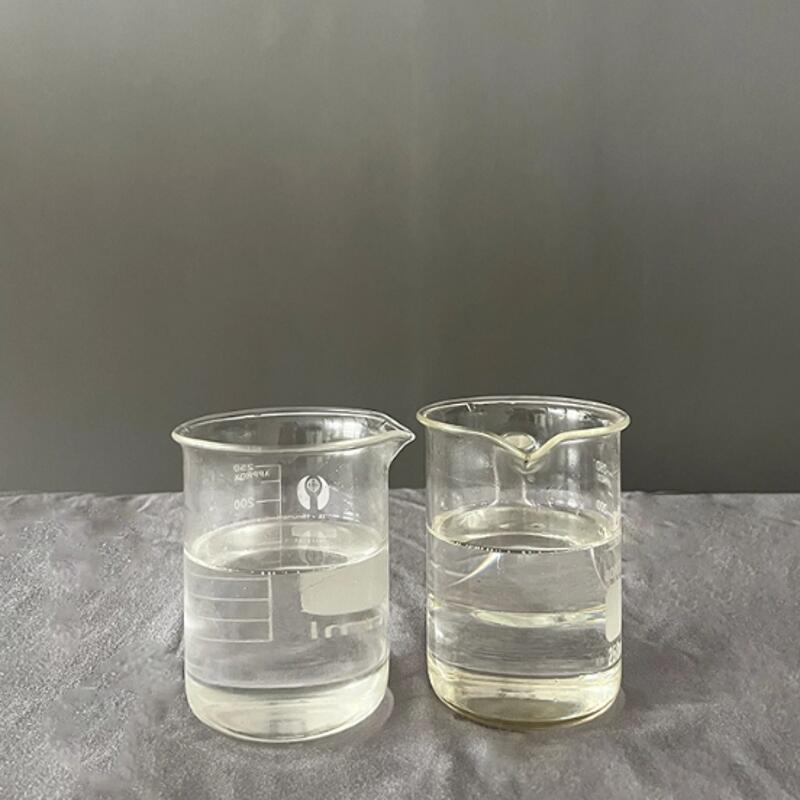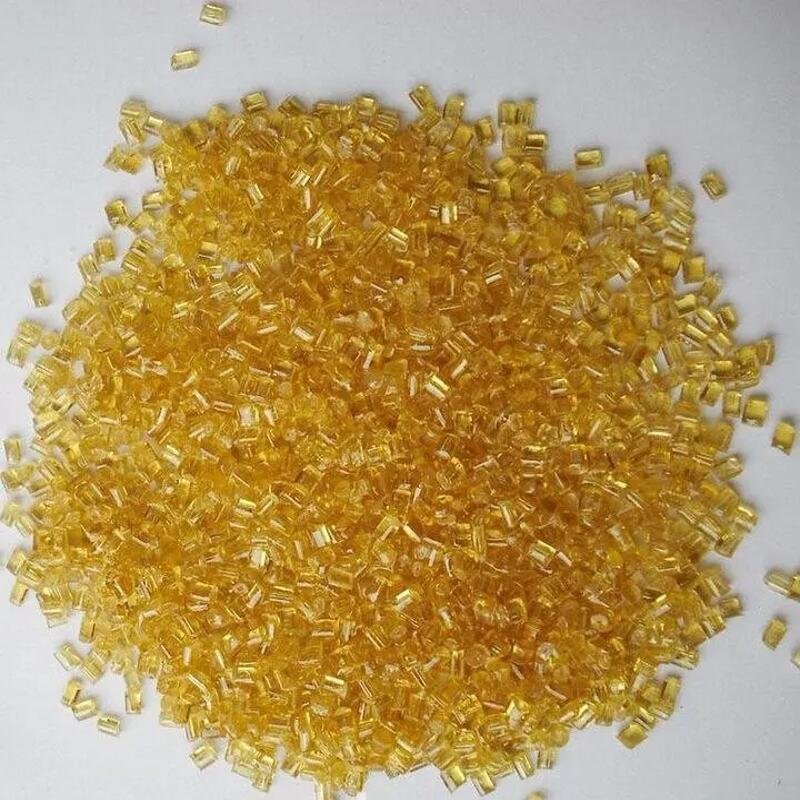-
Categories
-
Pharmaceutical Intermediates
-
Active Pharmaceutical Ingredients
-
Food Additives
- Industrial Coatings
- Agrochemicals
- Dyes and Pigments
- Surfactant
- Flavors and Fragrances
- Chemical Reagents
- Catalyst and Auxiliary
- Natural Products
- Inorganic Chemistry
-
Organic Chemistry
-
Biochemical Engineering
- Analytical Chemistry
-
Cosmetic Ingredient
- Water Treatment Chemical
-
Pharmaceutical Intermediates
Promotion
ECHEMI Mall
Wholesale
Weekly Price
Exhibition
News
-
Trade Service
Recently, many countries have issued bans, taking an important step in the "plastic restriction" action
.
01.
Korea
Korea
According to Korean media reports, South Korea's Ministry of Environment said on December 24 that South Korea plans to reduce plastic waste by reducing the production of plastic products and increasing recycling rates
.
According to reports, South Korea's Ministry of Environment stated that it will gradually reduce the use of plastics from the production stage, and reuse the used household plastic waste as raw materials or extract oil from it, thereby increasing the recycling rate of plastic products
.
South Korea plans to reduce the proportion of plastic containers in the overall container from the current 47% to 38% by 2025, in order to reduce the production and use of plastic containers
.
The Ministry of Environment also said that by 2030, all companies will completely ban the use of single-use plastic bags
.
In addition, from 2022, South Korea will completely ban the import of plastic waste from overseas
.
02.
Australia
Australia Australia
Recently, Australian MP Trevor Evans revealed on social media,
As China imposes trade import bans on a wide range of Australian goods, the Australian government announces a push for a renewable waste export ban, new legislation to ban the export of unprocessed plastics, paper, glass and tyres, the development of domestic recycling facilities through federal and state government cooperation, And encourage businesses to use recycled goods
.
The new legislation comes after China banned the import of 24 types of waste in 2018, a move that directly resulted in a huge backlog of waste in Australia, with recyclable waste being sent to landfills for disposal
.
Australia also exported 4.
5 million tonnes of waste overseas last year, mainly to Indonesia, India, Vietnam, China, Bangladesh and Malaysia
.
The new legislation bans the export of glass from January 1 next year, followed by plastics and tires in 2022 and cardboard in 2024
.
The Australian government is also looking to increase recycling capacity, with plans to invest A$600 million in projects worth A$190 million, and with support from the state government and the private sector to develop facilities for sorting, treating and recycling waste, the initiative is expected to 10,000 jobs created
.
Ley said enforcing the export ban helps protect the environment and boosts jobs, and she believes the export ban sends a powerful message to people and businesses to take responsibility for waste within the country, seize the economic opportunity to transform the recycling industry, and Stop sending waste issues overseas
.
"By doing this, we can play a role in polluting millions of tons of plastic in the world's oceans," she said
.
The Australian Waste and Recycling Industry Council, which represents waste management businesses, also welcomed the export ban and said it could help increase recycling and recovery rates of household waste, but stressed that the government should also consider incentives to encourage the use of recycled commodities, Such as tariffs on new plastic waste, or tax rebates for recycled waste plastic companies
.
Commission chief executive Rose Read told the Straits Times in Singapore: "We see this legislation as an opportunity to grow Australia's recycling sector and recycling rates and create business opportunities, but there must be an economic incentive.
to increase the demand for recycled plastics
.
”
Environmental groups also largely welcomed the legislation, but urged the Canberra government and Australian state governments to do more to avoid unnecessary use of materials, especially plastic bags and cutlery
.
The Australian Marine Conservation Society said the legislation would not reduce the amount of plastic lost to the ocean
.
Its spokesman, Shane Cucow, said: "To truly tackle Australia's plastic pollution crisis, we must set targets to cut plastic packaging
.
We need a national framework to eliminate the deadliest threat to marine wildlife from plastic, Things like plastic bags, straws, plastic cutlery, etc.
”
Several Australian state governments are considering bans on single-use plastics, with the first related bans set to begin in South Australia in 2021
.
The state government said it would first ban cutlery and straws before applying the measure to takeaway containers, coffee cups and bags
.
The Chinese ban has prompted Australia to rethink how it handles its waste and has led to action to create a more self-reliant sector
.
This year is the first year of the total waste ban.
With the support of the plastic ban and the national recycling plan, will waste plastic recycling usher in a new change?
Promoting commitment to use of recycled materials, design for recyclability, and reform of value-added tax income tax is on the line;
In anticipation of 2021, the obstructive system will be abolished, supportive policies will be introduced, and recycling and regeneration will explode
.







